Research Area

Researchers breathe new life into lung repair (link is external)
A collaborative effort from teams across Penn culminates in new techniques to repair lung tissue after damage from flu and COVID-19.
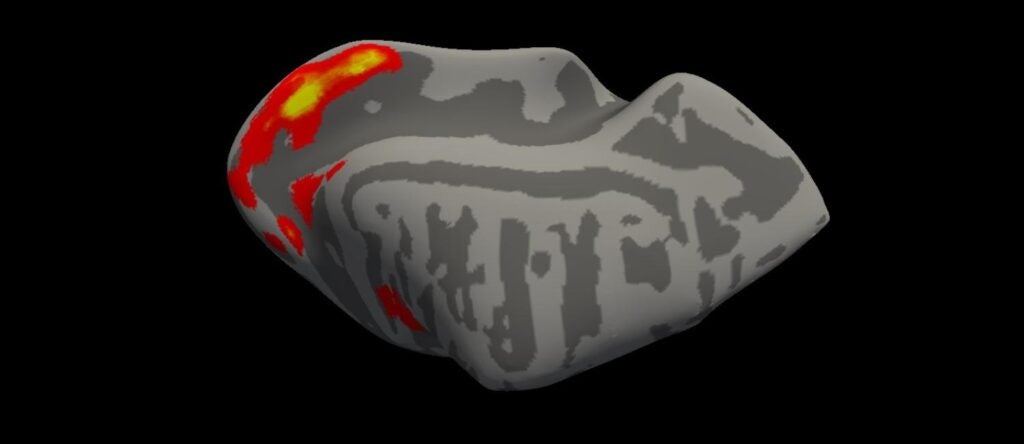
Using fMRI, new vision study finds promising model for restoring cone function (link is external)
School of Veterinary Medicine and Perelman School of Medicine researchers identified a retinal disease to evaluate the success of gene and cell replacement therapy.
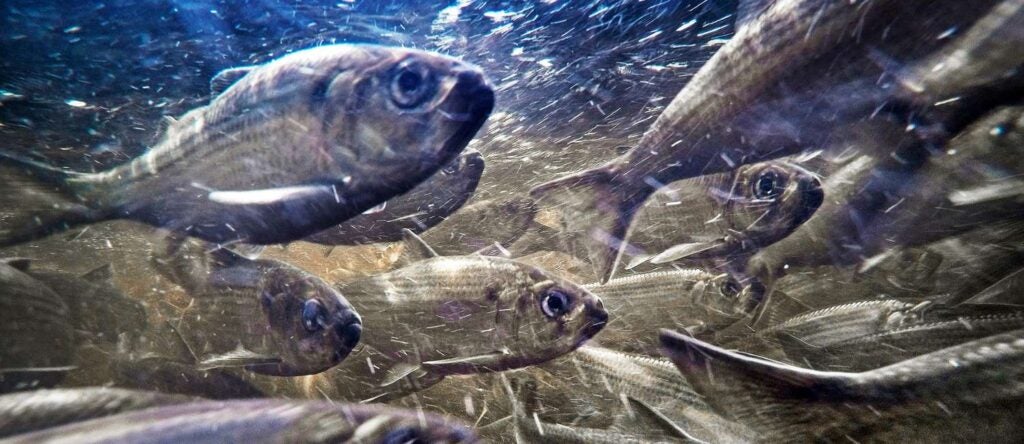
The Endangered Species Act at 50 (link is external)
Ahead of the anniversary, experts from four schools across the University share their thoughts on the landmark legislation.
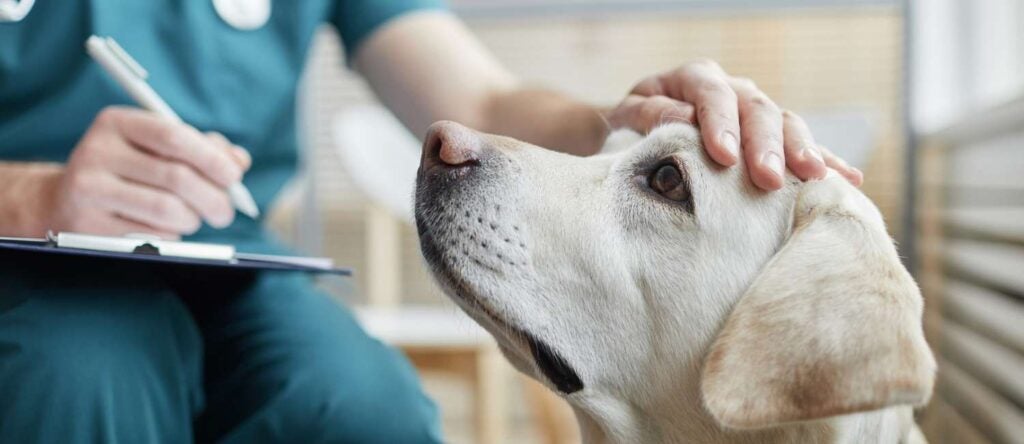
Three takeaways on respiratory illness in dogs (link is external)
Deborah Silverstein of the School of Veterinary Medicine advises dog owners to stay calm but take certain precautions.
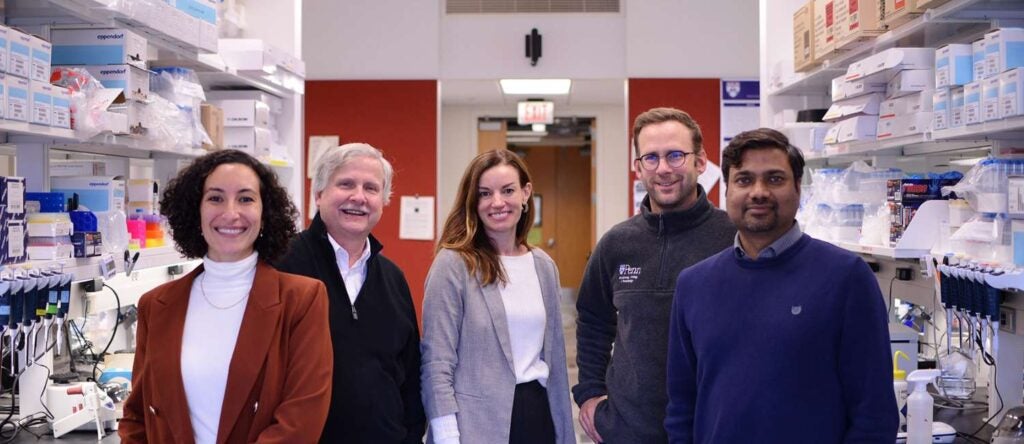
Uncovering the role of skin microbiome and immune response in cutaneous leishmaniasis (link is external)
Two new studies led by Phillip Scott of the School of Veterinary Medicine and Elizabeth Grice of the Perelman School of Medicine demonstrate how bacteria found in leishmaniasis skin lesions…
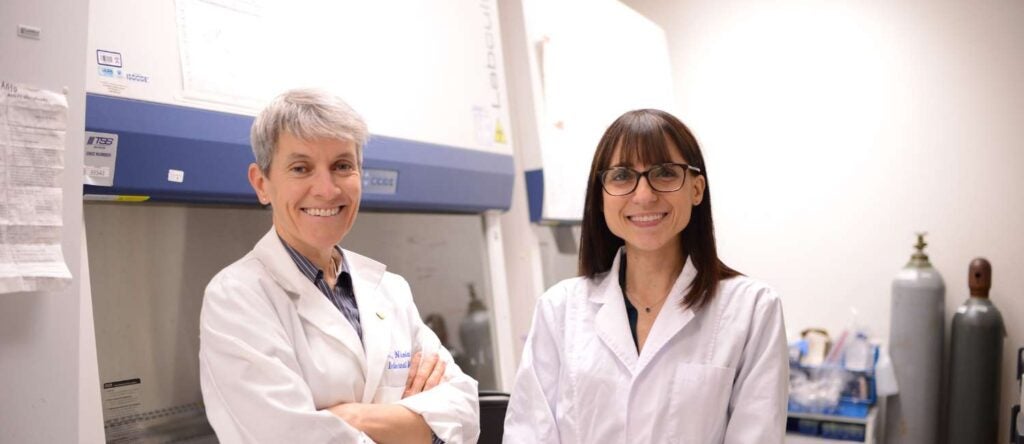
Study shows promise for iNKT cell platform to treat cancer (link is external)
Researchers from the School of Veterinary Medicine and Perelman School of Medicine have shown that invariant natural killer T cells from a healthy donor can persist in MHC-mismatched canines, demonstrating…
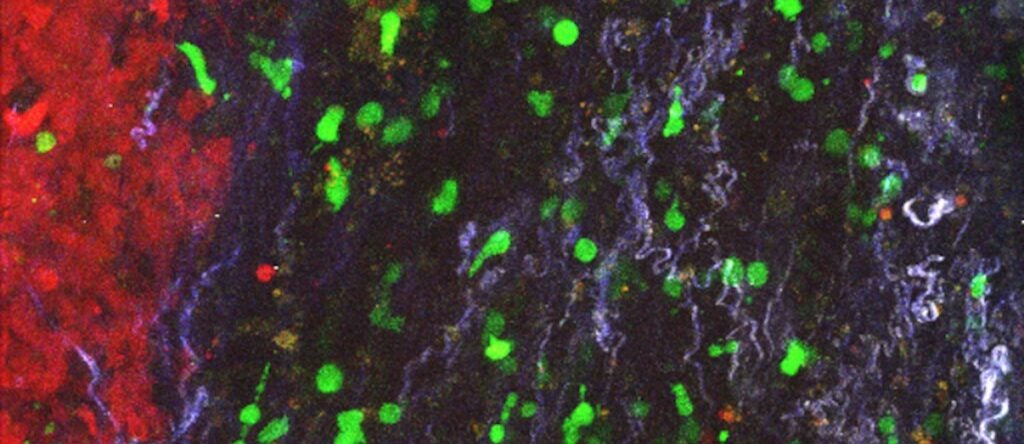
Removing the barrier surrounding solid tumors clears path for T cells (link is external)
Penn researchers uncover a new way to target solid tumors. Using CAR T cells to remove cancer-associated fibroblasts surrounding pancreatic tumors allows T cells to infiltrate and attack the tumor…

Genetic switch turns tumor suppressor into oncogene in colorectal cancer (link is external)
Researchers from the School of Veterinary Medicine have shown that an enzyme that suppresses early-stage colorectal cancer switches to become an oncogene as the cancer progresses.
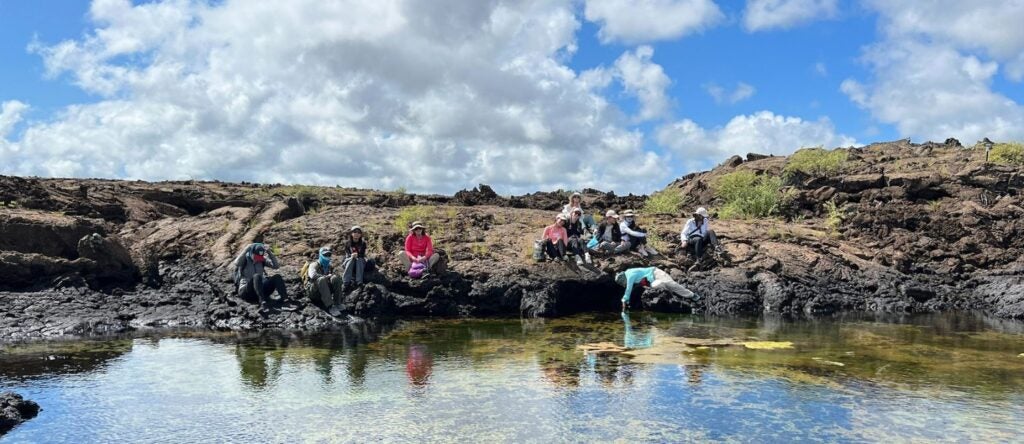
Social ecology and community work in the Galápagos (link is external)
Daniel Beiting, PhD, associate director of the Institute for Infectious and Zoonotic Diseases, expanded his work this summer in the Galápagos, giving Stephanie Sila, V’25, an ideal opportunity to gain…
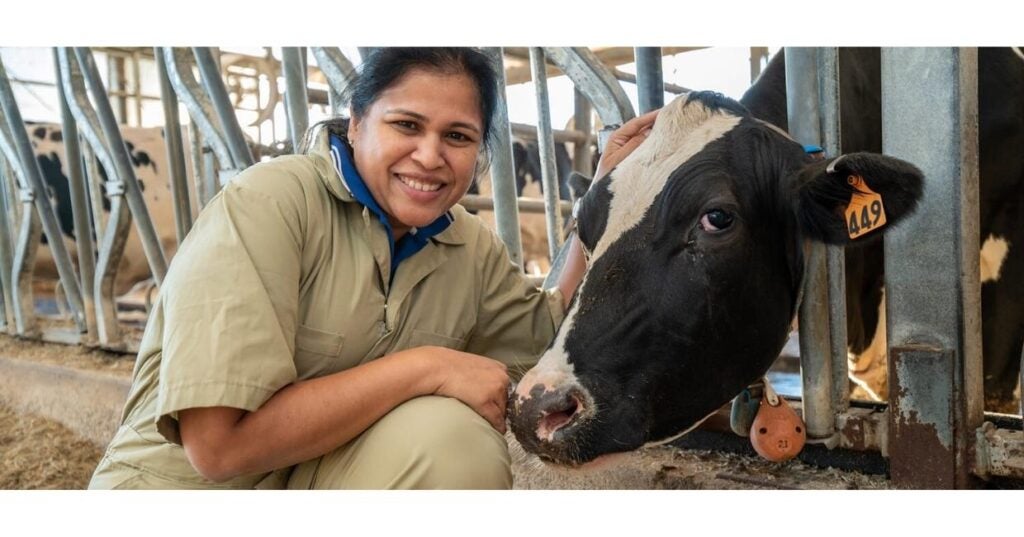
Could we breed cows that emit less methane? (link is external)
In a new study, researchers from the School of Veterinary Medicine identified attributes of low-methane-emitting dairy cows that could be used as targets for selective breeding.
Sort By
- Research Laboratories (1)
- ASMG Laboratory - Microbial Genomics (2)
- Lengner Laboratory (2)
- New Bolton Center PADLS (1)
- Anguera Laboratory (4)
- Wang Laboratory (3)
- Puré Laboratory (1)
- Wolfe Laboratory (1)
- Lennon Mucosal Immunology Laboratory (1)
- Dou Laboratory (2)
- Equine Pharmacology Research Laboratory (1)
- Hunter Laboratory (3)
- Brinster Laboratory of Reproductive Physiology (1)
- Sunyer Laboratory (1)
- Harty Laboratory (3)
- Mason Immunotherapy Research Laboratory (2)
- Scott Laboratory (1)
- Vaughan Laboratory (1)
- Research Institutes (5)
- Research Programs (1)
- Research Centers (2)
